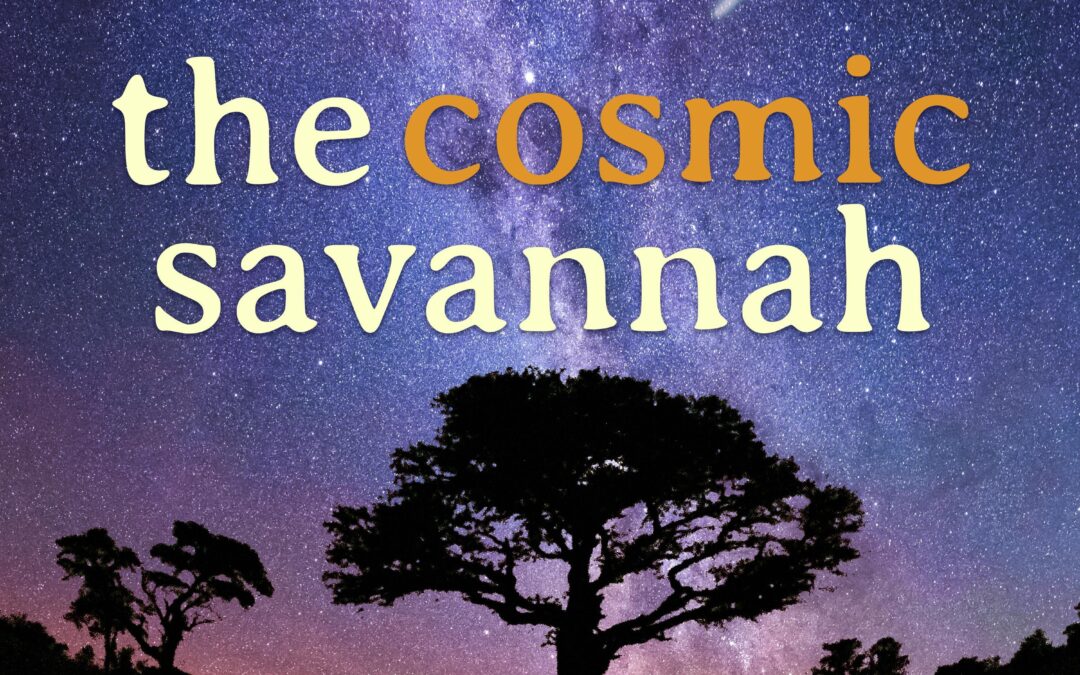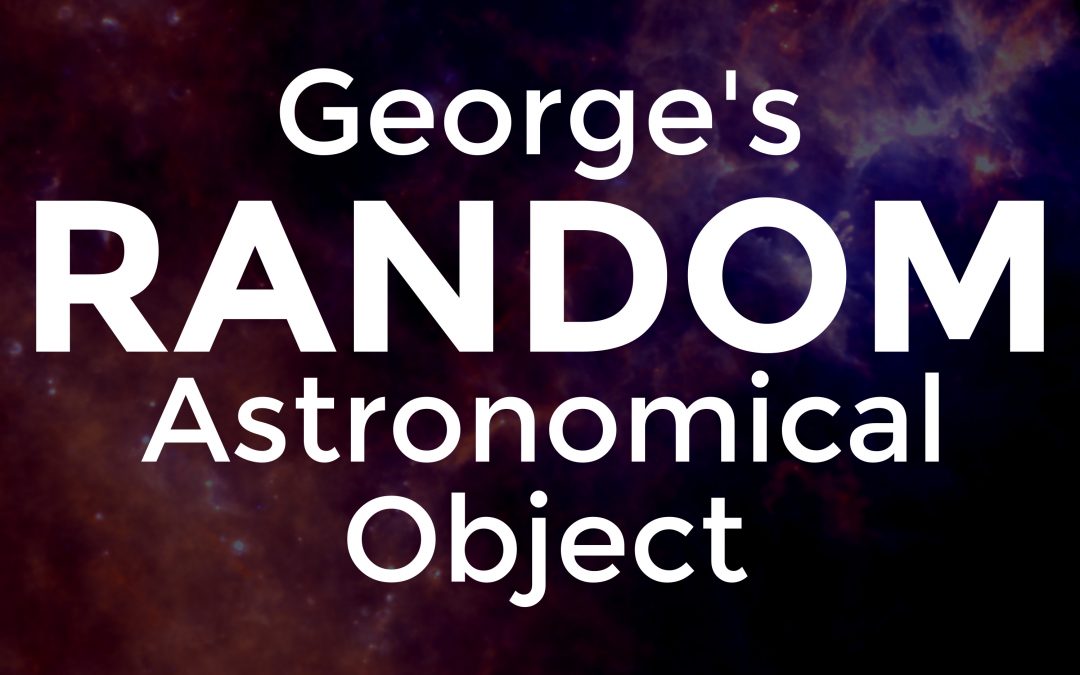In just over 10 hours of test observations, Rubin Observatory captured millions of galaxies, Milky Way stars & thousands of asteroids.


In just over 10 hours of test observations, Rubin Observatory captured millions of galaxies, Milky Way stars & thousands of asteroids.

In a recent study, astronomers found that even tiny black holes have immense power to shape their part of the galaxy. Far more than previously thought.

This month we have Galactic sized lancing battles, Jupiter twice its size, Wales entering the space race and we have emails!

This week, Dr Nathan Deg returns to The Cosmic Savannah to discuss polar ring galaxies and how he models these incredible structures.

A story about asteroid hunting in the constellation of Aquarius & how objects and structures in the early Universe became nearby clusters of galaxies

Telescopes are, in a way, time-travel machines to the distant past & faraway galaxies when our Universe is still very young.

Are dark photons as sinister as they sound? What did the curvaton do in the early universe? And is everything really made of preons?

Join us on today’s podcast at #365DaysOfAstro as NOIRLab discuss about the discovery of LID-568, a black hole that is feeding at 40 times the theoretical limit.

Happy New Year! Today we have @CheapAstro investigates our expanding universe, as well as some dead planets.

George’s Random Astronomical Object presents the galaxy NGC 3801, one of the very few nearby galaxies where astronomers can see jets